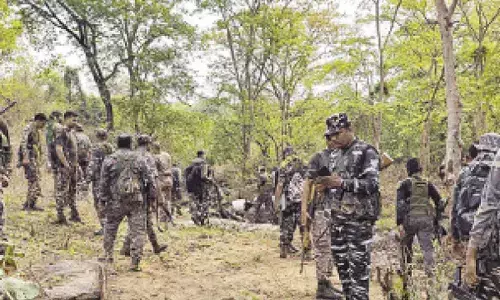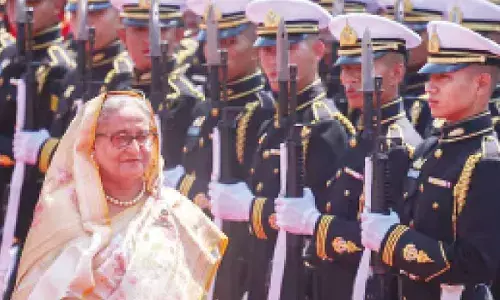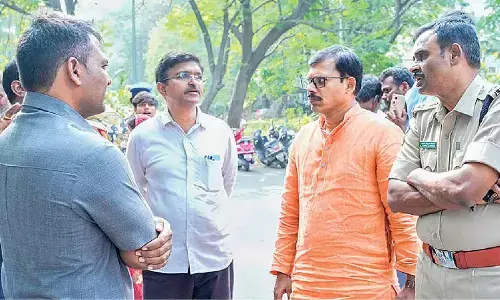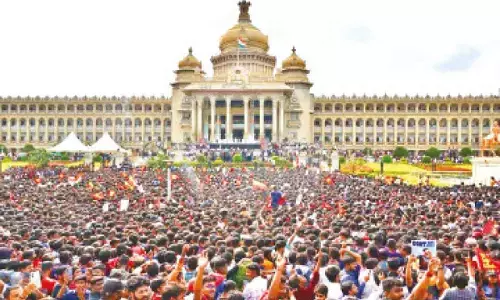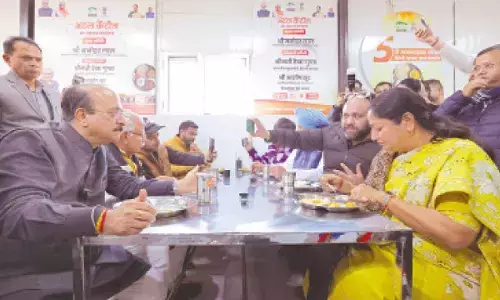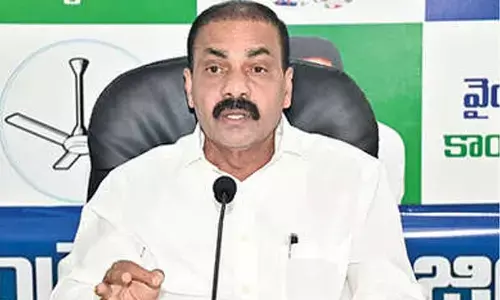R&D linkage to hospitals
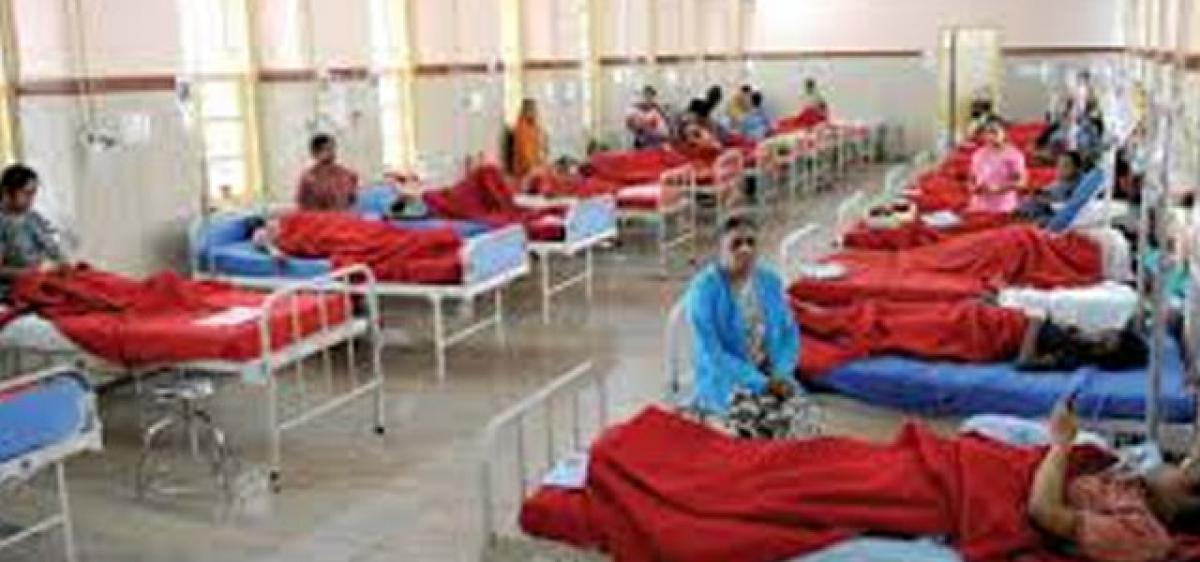
Government of India should formulate an effective policy, making it mandatory for all hospitals located both in rural and urban areas to have linkages with medical science research institutions. According to scientists, due to lack of such linkages and consequent dearth of samples and data, research institutions are finding it hard to delve in-depth into the contributory and causative factors of d
Government of India should formulate an effective policy, making it mandatory for all hospitals located both in rural and urban areas to have linkages with medical science research institutions. According to scientists, due to lack of such linkages and consequent dearth of samples and data, research institutions are finding it hard to delve in-depth into the contributory and causative factors of diseases. These institutions have the capability and the scientific expertise to track and trace back the origins of the diseases. But they can do so only if samples are available.
Most of the institutions depend on case studies and samples of patients to carry forward their research. For instance, a scientist at one of the premier research institutions pointed out that he was unable to come out with a conclusive finding due to lack of sufficient samples. Moreover, hospitals, in many cases, do not maintain a proper record of case histories, which makes it more difficult to carry out conclusive research.
The consequences and the impact due to lack of linkage between hospitals and research institutions in the country is quite evident with medical fraternity’s haplessness in treating a plethora of new viral and bacterial diseases that have been spreading unhindered and untreated. In fact, these disease-causing viruses and bacteria have been creating havoc for the past few years; a solution to curb and decimate them continues to be elusive.
The reason is obvious. An efficacious treatment is possible only if the lifecycle or behaviour of these viruses and bacteria is traced back and studied in toto. And, this could be done only if the case history data and samples are available with the research institutions involved in carrying out such studies.
But, unfortunately, since there is no system or specific policy in place, this is not happening in the country. Moreover, hospitals in the country also do not have the facilities. Such a situation can be attributed to indifference and incapability on the part of the policy makers to grasp the crucial importance of creating a linkage between hospitals and research institutions.
Moreover, the problem is in the fact that many of the hospitals are ill-equipped in terms of both expertise and facilities to implement a scientific approach to recording case histories and storing samples. Government should incorporate the compilation of data and collection of samples at all hospitals in the public health programme to facilitate comprehensive and extensive research.
In addition to a policy, government should provide necessary infrastructure specifically in rural areas so that all cases can be properly monitored and recorded and the same could be sent to medical research institutions for taking forward their quest in identifying disease-causing factors and discovering therapies.
There was a time when this could have been considered impossible due to various impediments, but we are enabled with technological facilitators to network and create the platforms for connectivity. In fact, such linkages could have been created some years back only, had there been right facilities in place. Anyway, better late than never, isn’t it?








